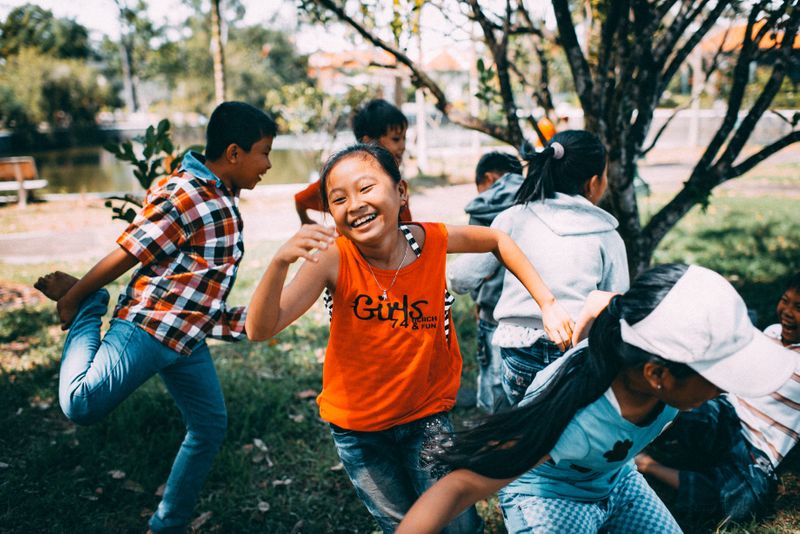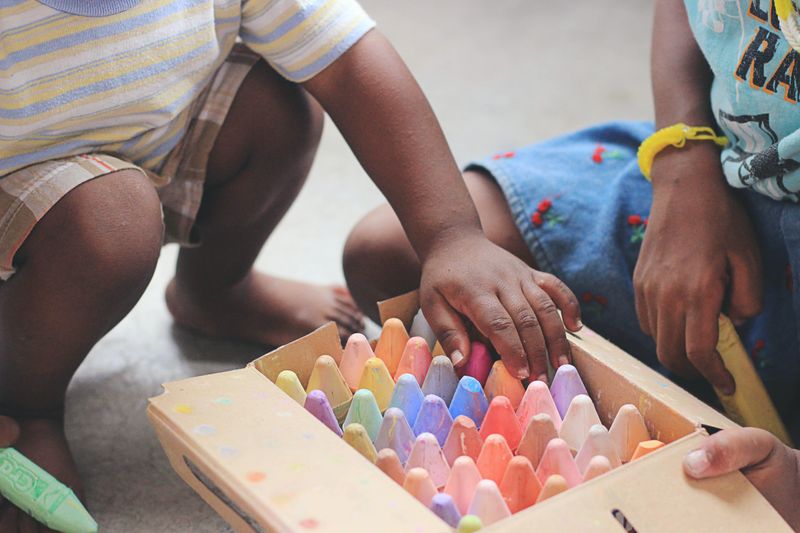Do you see your child or teen struggling in school, lacking motivation or interpersonal skills?
 Photo by Danielle MacInnes on Unsplash
Photo by Danielle MacInnes on UnsplashSocial-emotional learning can help!
Social-emotional learning (SEL) refers to how people:
regulate emotions
communicate
build relationships
make decisions
use compassion to understand the needs of others
A social-emotional learning program could be the right course of action for your child's development.
Why Is Social Emotional Learning Important?
According to research, learners who participated in a social-emotional learning program develop:
Self-Awareness — Understanding your strengths and weaknesses
Self-Management — Ability to recognize and manage your own emotions
Responsible Decision Making — Ability to make positive choices for yourself
Social Awareness — Recognizing other people's emotions and being able to empathize
Relationship skills — Being able to communicate clearly and maintain healthy relationships

The Benefits Of Social Emotional Learning
SEL not only leads to improved academic outcomes and behavior, but also builds lifelong coping skills. It helps children and teens:
Improve decision making.
Have empathy towards others.
Deal with stress.
Set and achieve positive goals for themselves.
Build the skills needed to develop and maintain positive relationships.
Understand and manage their own behavior.
 Photo by MI PHAM on Unsplash
Photo by MI PHAM on Unsplash
Quiz
Mrs. Miller's daughter Elizabeth is "bossy" with other children her age. She tells them what to do and doesn't respond when they tell her to stop. As a result, Elizabeth has a hard time developing friendships. How can SEL help her?
Take Action
 Photo by Tina Floersch on Unsplash
Photo by Tina Floersch on UnsplashIf you're interested in exploring social-emotional learning for your child:
Your feedback matters to us.
This Byte helped me better understand the topic.
